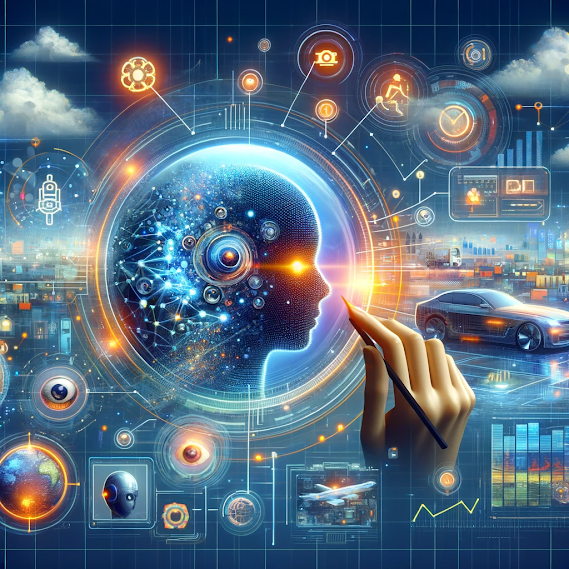🚀 2023: The Year Generative AI Redefined Boundaries
🚀 2023: The Year Generative AI Redefined Boundaries
This year, generative AI took center stage, marking a significant transformation in the field of artificial intelligence. Its impact spanned diverse domains, from healthcare and education to creative arts and political discourse, challenging our understanding of technology's capabilities. Here are a snapshot of what were achieved, and what we expect to see in 2024.
🩺 Healthcare Innovations and Ethical Dilemmas
Generative AI models like GPT-4 showed remarkable skills in complex tasks, including answering intricate medical exam questions. However, as these models become more integrated into healthcare, questions about accuracy, ethical use, and the potential replacement of human expertise arise. Stanford's research on AI’s effectiveness in clinical settings underlines the need for careful application and evaluation in healthcare.
🎓 Revolutionizing Education
The AI+Education Summit, hosted by Stanford, highlighted AI’s potential in personalizing learning experiences and aiding teachers. Yet, it also shed light on challenges such as cultural diversity in model outputs and risks to student motivation.
📚 AI in Academic Integrity and Journalism
As AI's writing capabilities advance, tools like Stanford's DetectGPT emerged to distinguish between human- and AI-generated text. These tools are critical in maintaining integrity in academic and journalistic writing but also raise concerns about bias, especially against non-native English speakers.
🔍 The Debate on AI's 'Emergent Abilities'
The perception of AI’s emergent abilities sparked debate. Some researchers argue that what appears as AI's unpredictable nature is often a result of biased evaluation metrics, calling for more fair and accurate assessment methods.
🤖 Foundation Models Under the Microscope
2023 saw every major tech company release their foundation models. The Foundation Model Transparency Index (FMTI) emerged to evaluate these models on transparency, revealing a need for significant improvement across the industry.
🔑 AI in Politics: A Double-Edged Sword
AI's ability to craft persuasive political messages raises concerns about its potential misuse. Stanford researchers showed that AI-generated appeals could effectively influence public opinion, highlighting the urgency for regulatory measures to prevent misinformation.
💃 AI Meets Art: Choreographing Dance
In a lighter vein, Stanford’s Editable Dance Generation (EDGE) showcased AI's creative potential. This tool helps choreographers design dance sequences, merging art and technology in unprecedented ways.
As we reflect on the year's achievements and challenges, it becomes evident that while AI continues to break new ground, it also demands responsible and ethical use. The need for robust regulations and ethical guidelines in AI is more critical than ever.


.jpeg)

.jpg)
Comments
Post a Comment